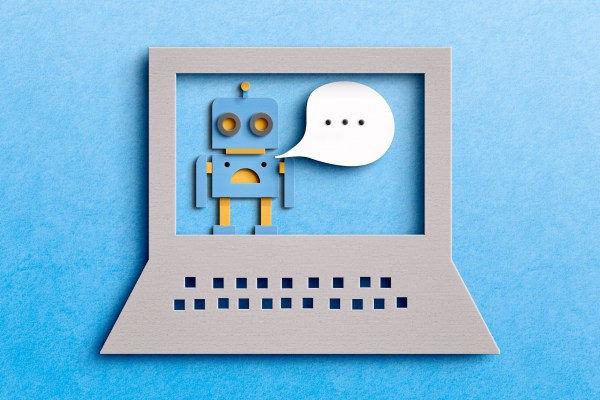Valve has issued a rare statement after claims it was rejecting games with AI-generated assets from its Steam games store. The notoriously close-lipped developer of the Half-Life series and de facto gatekeeper of PC gaming distribution said its policy was evolving and not a stand against AI.
Steam has a review and approval process much like any app platform, and its rules on content aren’t always clear until developers test them with edge cases. So it was with one indie dev who posted in a subreddit for like-minded game developers using AI, saying Valve “is no longer willing to publish games with AI generated content.”
The game they had submitted had “a few assets that were fairly obviously AI generated,” and Valve appeared to take issue with this.
“As the legal ownership of such AI-generated art is unclear, we cannot ship your game while it contains these AI-generated assets, unless you can affirmatively confirm that you own the rights to all of the IP used in the data set that trained the AI to create the assets in your game,” their first warning letter stated.
Then, a week later: “we reviewed [Game Name Here] and took our time to better understand the AI tech used to create it. Again, while we strive to ship most titles submitted to us, we cannot ship games for which the developer does not have all of the necessary rights. At this time, we are declining to distribute your game since it’s unclear if the underlying AI tech used to create the assets has sufficient rights to the training data.”
Considering most AI tools can’t really claim to have legal rights to all their training data (and even if they do, it may still not be an ethical use of that data), this policy as stated basically amounts to a blanket ban on AI-generated assets in games.
The use of AI as a game development tool is not itself controversial — major developers like Ubisoft have loudly said that they believe AI assistance is helpful and may even be necessary to build at the scale and rate they do. But AI that helps create realistic mountains or switch up quest structures is one thing — generative AI powered by unpaid artists is another. It’s genuinely not clear what liability, if any, various creators, distributors or other handlers of generated art might face. If the creators can’t realistically claim copyright over their own work, Valve has deemed the risk of publishing that work too high.
As such, Valve responded to Eurogamer to say that, basically, their policy is more “what’s legally required” than any particular stance on AI:
We know it is a constantly evolving tech, and our goal is not to discourage the use of it on Steam; instead, we’re working through how to integrate it into our already-existing review policies. Stated plainly, our review process is a reflection of current copyright law and policies, not an added layer of our opinion. As these laws and policies evolve over time, so will our process.
In the meantime it says that it will refund the normally non-refundable app submission fee in cases where this in-progress policy is the deciding factor.
At this time it’s not clear that AI is really being used meaningfully outside a bit of experimentation or, in the developer above’s case, a “blatant cash grab.” A video purportedly about his development process exclaims “Get rich quick with AI waifus” and “How I made $1000 Publishing an AI Generated Game on Steam (Gone Sexual?!?!)” — so we ought not to feel the loss too keenly. But as more established developers take up the tools, and the tools themselves become more sophisticated, the matter may not be so cut and dry.
